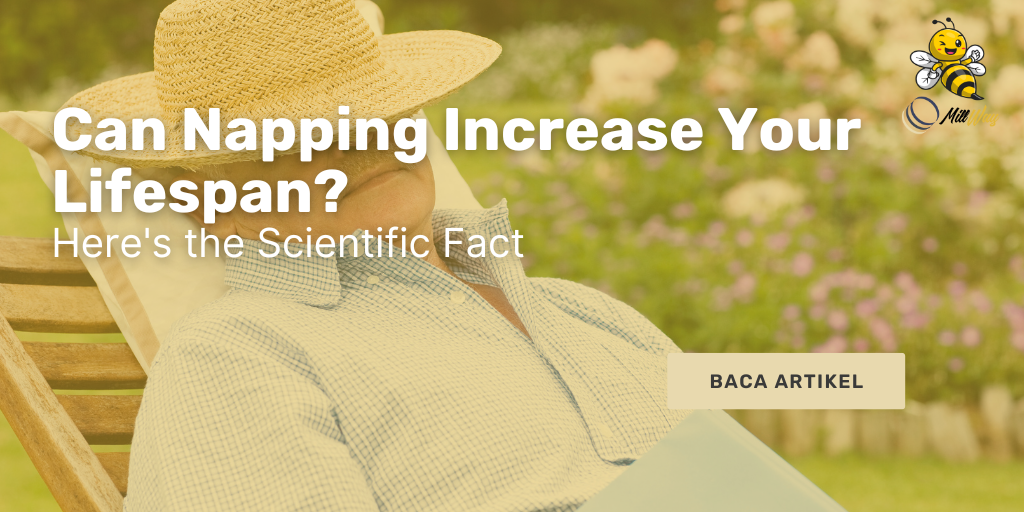
In the midst of the busy daily activities, napping is often considered a luxury or a sign of laziness. But did you know, napping can actually be one of the keys to maintaining brain health and even prolonging life? Recent studies have shown that short and regular naps have many benefits for both the body and mind.
Let’s dive into the science behind the benefits of napping!
A study from University College London revealed that people who regularly nap tend to have a larger brain volume. In the field of neurology, a larger brain volume is often associated with better cognitive function and a lower risk of brain function decline, such as dementia.
Roughly speaking, this benefit is equivalent to having a brain that is 2.6 to 6.5 years younger.
A study in Greece involving over 20,000 adults found that a 30-minute nap can reduce the risk of heart disease-related death by up to 37%.
Napping helps the body regulate blood pressure and reduce stress—two major factors that affect heart health.
Napping for less than 60 minutes has been shown to reduce the risk of premature death by 29%. However, it’s important to note that naps longer than 90 minutes may actually increase the risk of premature death by 23%.
This shows that the duration of your nap is important, and too long a nap can negatively affect the quality of nighttime sleep or metabolism.
In a meta-analysis of 54 different studies, it was found that napping—even for just 10 minutes—has a positive effect on alertness, memory, and thinking speed.
If you often feel sluggish during the day or are in the middle of learning/processing a lot of information, a power nap could be an effective natural solution.
Napping has been proven to lower cortisol levels—the stress hormone—and increase hormones that contribute to stable mood, such as serotonin.
That’s why after a nap, many people feel calmer, more relaxed, and ready to continue their day with new energy.
Not all nap durations provide the same benefits. Here’s an optimal nap duration guide based on research:
That’s why after a nap, many people feel calmer, more relaxed, and ready to continue their day with new energy.
The most ideal time for a nap is between 1:00 PM and 3:00 PM, when the body naturally experiences a dip in energy due to the circadian rhythm.
Napping outside this time frame may disrupt your nighttime sleep pattern or make you feel more tired after waking up.
Taking a nap isn’t just a way to kill time or a habit for children. When done with the right duration, napping can be a natural health booster to keep your brain sharp, heart healthy, reduce stress, and even lower the risk of premature death.
Remember, it's not the length of the nap that matters—it's the consistency and quality of your naps that make the difference.
